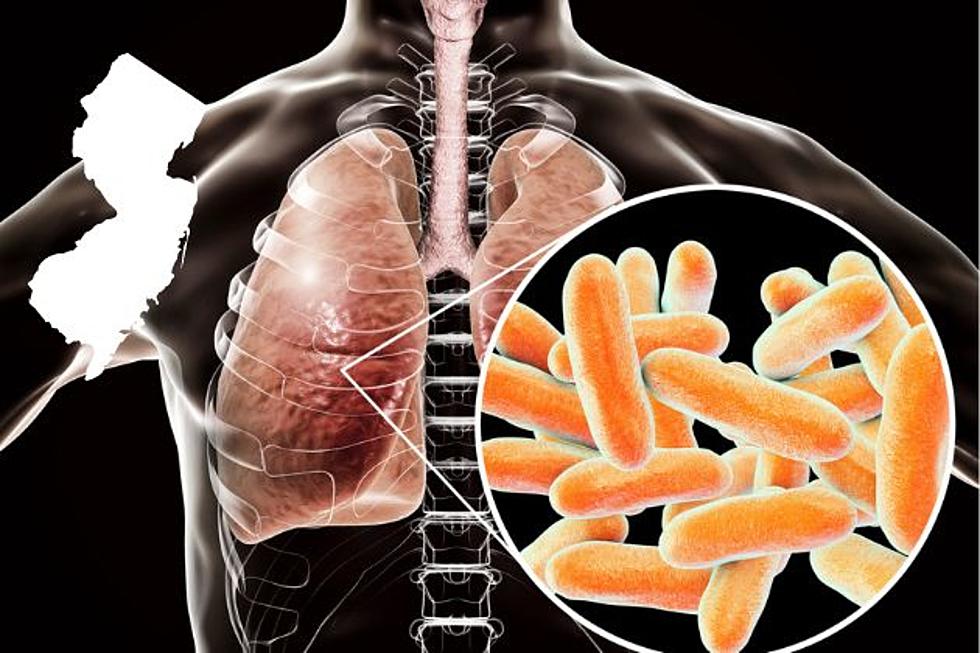
Same NJ area dealing with another possible cluster of Legionnaires’ disease
🔵 NJ officials are aware of seven relatively close cases of Legionnaires' disease
🔵 The same general area dealt with several confirmed cases late last year
🔵 Anyone who visited the area should watch for related symptoms for two weeks
A segment of New Jersey that recorded several cases of a severe lung infection last fall is dealing with another possible cluster.
The New Jersey Department of Health announced on Wednesday that it is investigating multiple cases of Legionnaires' disease.
As of Aug. 4, DOH has been notified of nine confirmed cases of Legionnaires' among residents of neighboring Passaic County municipalities, and one case in a neighboring town in Bergen County.
The onset of symptoms in these cases occurred between May 27 and Aug. 1, the department said. DOH is encouraging residents who develop symptoms of the disease to seek medical evaluation, including those who develop symptoms within two weeks of visiting Passaic or Bergen counties.
"Early diagnosis is key to effectively treating Legionnaires' disease," New Jersey Acting Health Commissioner Kaitlan Baston said.
State officials are working with the local health departments to investigate these cases and any potential sources of infection, DOH said.
The same general region experienced an increase in cases late last year, and since then, investigators have not been able to determine a common cause.
Symptoms of Legionnaires' are similar to those of COVID-19 and other respiratory illnesses such as influenza, DOH said. Symptoms may include fever, chills, cough, chest pain, shortness of breath, headache, and muscle aches.
Legionnaires' disease is treatable with antibiotics.
The infection is caused by the bacteria Legionella, but not all people who are exposed to the bacteria develop the disease.
According to DOH, people over the age of 50, especially those who smoke or have chronic health conditions or weakened immune systems, are at increased risk. It is rare for healthy people exposed to Legionella to get sick from it.
People can get the disease by breathing in small droplets of waters containing the bacteria. Aerosolized water can come from hot tubs, cooling misters, decorative fountains, plumbing systems, and air conditioning units for large buildings, according to health officials. Home air-conditioning units do not use water to cool and do not present a risk for Legionella growth.
Less commonly, people may get sick while drinking when water containing Legionella "goes down the wrong pipe."
The disease is not spread from person to person.
Report a correction 👈 | 👉 Contact our newsroom
LOOK: Most dangerous states to drive in
Plant Some Of These In Your Garden to Keep Mosquitoes Away
More From New Jersey 101.5 FM









